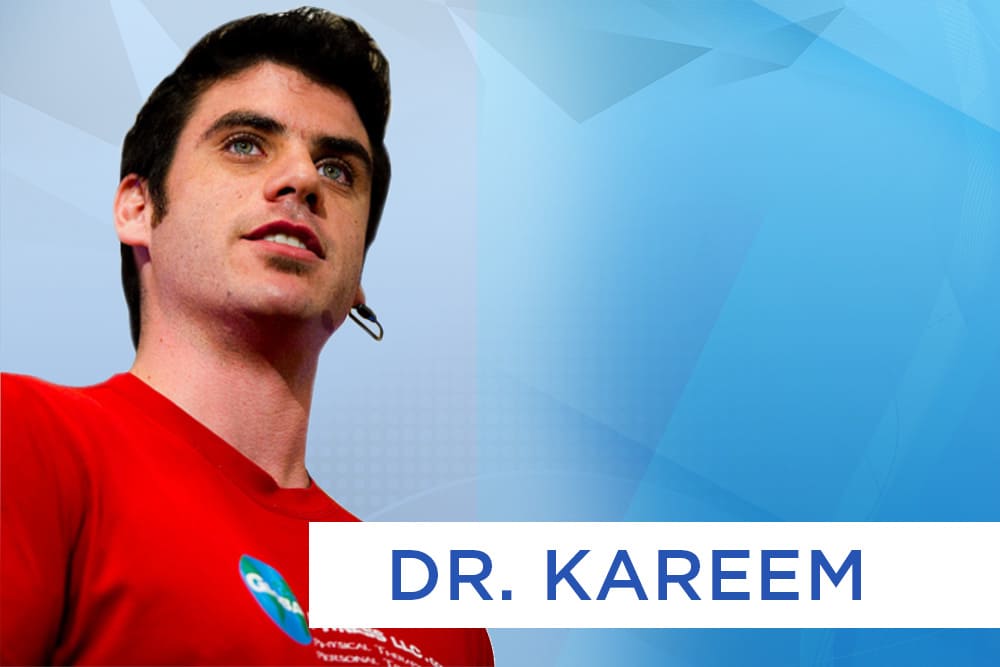Here are some examples of common situations you may want to consider quitting, if they apply to you:

Cooking
— cooking can be super stressful for some people and very pleasurable for others. I recommend you find friends or family who like to cook if you’re someone who gets extremely stressed, forgets the love, and ultimately doesn’t understand how to feed a family with food that works for each person; this may not be your jive.

Cleaning
— this one is true for me personally. I’m incredible at taking one disorganized pile of papers, items, etc. and somehow spending an hour eventually moving them into another pile directly across the room. My brain is structured in such a way I am able to see clearly when organized, and I become internally stressed with disorganization. I used to think I was terrible with organization, but I’m actually quite proficient in an-already organized environment; getting an environment to go from sloppy to organized, well that’s different for me and where I lack. I’m best focusing on hiring help, taking over another task for our household, and maintaining cleanliness.

Making (or keeping track of) money
— for starters, math is one of those subjects that works for some people and not for others. Secondly, a natural competitive nature is useful for the breadwinner of any family. Third, money is made by playing ‘the game’, which was designed by a specific group of people who represent a few specific health types. What’s often not said is the ‘rules’ were written by the people who designed business, for their specific health types, and for the outcome they sought: wealth. So, this means there are other health types/groups of people who are not meant to lead in the business world. Yet, their talents are more valuable in other capacities. For example, what would we do without people who connect us to our closest relationships, organize meal time for our families, raise our children with grace and love, or entertain us? You see, none of the health types I mentioned are meant to run businesses, but each of them performs an equal or greater role in society. Once we understand each other’s strengths and weaknesses, we have an opportunity to serve one another and combine our talents for our best lives.

Teaching
— for some people, it’s easy to take information, apply it, and then relate it to many situations. It’s the way their brains work. For others, it might be easier to understand ‘how’ to do something, but verbally teaching someone else is an uphill battle. In this situation, it’s important to identify if switching your teaching method — i.e. verbal instruction to tactile or visual instruction — changes the result. If you still feel you’re not the best person to teach, it’s totally ok to turn over the responsibility. Simply by being you, you are mentoring your children and others. They will take notice of your leadership through action, and it’s ok if you’re not the person who can hold their hands every step of the way.

Manual labor
— bodies are built differently. There are people who are built to lift heavy weights — quickly and easily — and others who are more like birds, meaning they have smaller and longer bones less adept to lift heavy weight. If you have smaller and longer bones, adding weight and speed to lifting may increase stress on your joints in a substantial way, leading towards injury. You, for example, might be better off working in sales, management, at a desk, or with the capacity of your brain rather than body.

Exercising
— there are many different forms of exercise, and one particular exercise may be great for you and bad for another. For example, HIIT-based weight training isn’t great for ‘sensors’, who are a bit lankier by nature and more likely to get injured; instead, sensors benefit from linking brain and body, doing coordinative movements, and superimposing movement patterns onto exercise. Diplomats and guardians, on the other hand, benefit from adding long, slow to moderate cardio to their routines. While cardio has a bad name in fitness these days, eliminating cardio isn’t actually a great plan; we are all meant to move, and in some cases, slow and continuous movement is the best plan. Perhaps one change we might make, however, is to shift cardio from repetitive-use machines (i.e. treadmill, elliptical, stair master, etc.) to outside. We are meant to move in dynamic environments, so it’s best we train accordingly.

Dieting
— sugar is particularly evil for people with bigger, shorter bones. This includes people who are shorter and stockier, along with generally large people who have thick bones. In both cases, this group is masterful at storing energy; a quality from nature that has many benefits during periods of famine, exposure to colder climates, etc. However, storing energy and sugar don’t mix well. Simple sugars end up being stored as fat in unsightly areas and energy levels plummet. On the other hand, some groups of people are known to be sprinters, work well with quick energy, and they can get away with much more sugar; without gaining weight or seeing it in the mirror.

Thinking under pressure
— activators, in particular, release adrenaline whenever they feel stressed. This is great, because adrenaline is what allows us to act quickly in case of an emergency, perform feats of great strength, and overcome life-threatening obstacles. On the other hand, when adrenaline spikes mid-conversation, it shuts down conscious thought, activates instinct, and creates a blackout state for future memory. Of course, that’s not very useful for thinking under pressure while giving a presentation, in a board meeting, or during an altercation at home. Others may perceive you’re not paying attention or don’t care, but it’s actually your adrenaline that’s resetting your ability to think. This way, you’re focused on the most important concern first and only. After all, the rest of us are depending upon you to save the day, should a day like that come.

Managing
— there are natural born leaders who can’t help but impose their opinions upon others. They see opportunities for improvement, and they desperately want to fill the gap. They are able to see moving parts, understand patterns, and work long hours without tiring. They are masters of energy-levels, and they enjoy a super long to do list that never goes away. Of course, there are others who feel this existence would be awful. The important thing is to know yourself and then make choices accordingly. Each minute you spend is an opportunity to improve — or worsen — your health (and life).

Owning a business
— entrepreneurship benefits from a risk-tolerating personality that likes big projects, uncertainty surrounding goals, dopamine release for performance/outcomes, and being outside of your comfort zone as much as possible. For many others, this is a death sentence of discomfort. Risk-averse people, for example, would stress their bodies and minds being entrepreneurs, risk their health, and subconsciously want to sabotage their business the entire time. You see, if your subconscious mind knows you’re committing slow-suicide, it seeks to break the pattern and help you. Owning a business is not for everyone; if owning a business is ‘not’ meant for you, there is hope: you can always partner with someone who wants the key roles you do not and focus on your magic skills and personality. It’s distinctly possible the risk-tolerating person is more interested in running the business, and you might be the ‘talent’, for example, or bring some other partner-level skill set to the table.

Waking up early or staying up late
— crusaders, sensors, activators, and connectors are meant to wake up reasonably early, ranging from about 5am – 8:30am. Guardians and diplomats are meant to wake up more casually, get a slow start, and go to bed later. By understanding what makes you uniquely you, you can adapt your daily habits and routines to work with your body, rather than constantly against it. If we continue to follow the societal policies of ‘work starts at this time’ or ‘school starts at that time’, then we are denying our individual rights to have a fair chance. Some people are meant to wake up later, go to bed later, and sleep more; others get away with less sleep, can wake up super early, and even stay up late. There is a variety amongst us, so it’s best we adapt our societal habits to understand each other, beginning on an individual level with you.

Sitting for long meals
— if you’re an adrenaline junky (activator), it’s likely long meals are tortuous. If you’re a guardian (think Italian Mama), meals are your sweet spot and you’re in the zone; the longer, the better. Understanding the importance of meal time, how your body reacts to this event, and how to best adapt your habits to satisfy your needs and the needs of your family is very important. For, within our families, we have different health types, creating different needs and different realities. It’s so much easier to be healthy when we learn to complement one another, cater to each other’s needs, and understand our own.

Socializing in crowds
— connectors, for example, are best in large crowds. They are able to meet people easily, keep the conversation light, or simply dance and have others around. Kind of like lightbulbs, this special group of people can illuminate everyone in their surroundings, helping them feel more comfortable and happy. Sensors, on the other extreme, need time alone. They can be very socially capable, have tons of fun, and then need to retreat. If you’re anything like this, taking time for yourself is the healthiest thing to do, and it’s helpful when you have permission in any social circumstance to retreat as you feel you need to; when you come back, everyone knows you’re going to be tons of fun, talk about super interesting stuff, and engage deeply with each interaction.
 Cooking
Cooking Cleaning
Cleaning Making (or keeping track of) money
Making (or keeping track of) money Teaching
Teaching Manual labor
Manual labor Exercising
Exercising Dieting
Dieting Thinking under pressure
Thinking under pressure Managing
Managing Owning a business
Owning a business Waking up early or staying up late
Waking up early or staying up late Sitting for long meals
Sitting for long meals Socializing in crowds
Socializing in crowds









